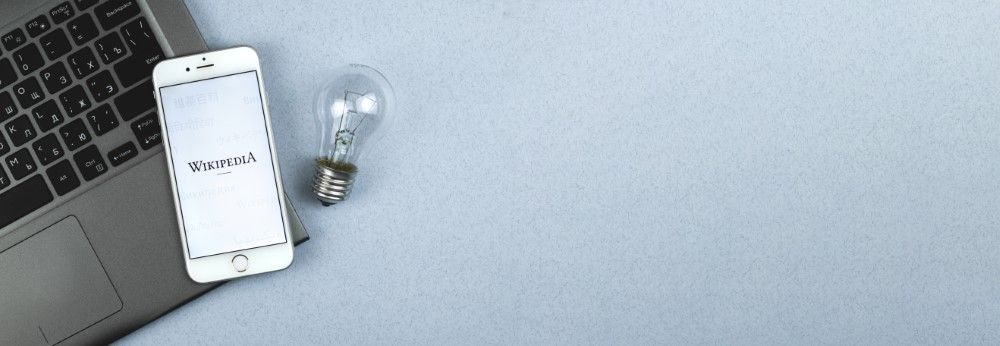95% of patients fear their data will be leaked

In today's fast-paced healthcare industry, exchanging digital information has become essential for enhancing patient outcomes, simplifying procedures, and promoting medical progress. However, leaks of personal medical records have become a growing concern.
According to the data presented by the Atlas VPN team, 95% of patients are concerned about a potential data breach or leak of medical records. Furthermore, the majority of people do not trust Big Tech companies like Amazon, Apple, Google, Facebook, and Microsoft offering products or services to store their health data.
The data is based on the Health Gorilla report The State of Patient Privacy. The survey interviewed 1,213 patients — with demographic and geographical distribution consistent with U.S. census data — to understand patient attitudes around health data exchange and the security and privacy of their medical information.

Overall, 70% of patients have extreme or moderate concerns regarding their medical information being leaked. Of the people surveyed, 28% admitted to having extreme worries about a potential data breach of their medical records. Furthermore, 42% of respondents expressed moderate concerns.
Even minor vulnerabilities in data security can have far-reaching ramifications, and healthcare organizations must address these concerns to keep the trust of their patients. Medical data breaches can result in identity theft, financial fraud, reputational damage, and even endanger a patient's physical well-being if sensitive medical conditions are disclosed.
The findings also showed that one in four patients (25%) held slight concerns about potential data breaches. These patients reflect a cautious outlook on their information and highlight the need for enhanced data protection measures and transparency within the healthcare industry.
Remarkably, a small 5% of respondents displayed a lack of concern regarding the possibility of their medical record data leak. This group may feel reassured by existing data protection measures or lack awareness of the potential risks.
Low trust in Big Tech
In the digital age, where data has become a prized commodity and technology giants wield unparalleled influence, the public's trust in Big Tech companies has been put to the test. Many people are skeptical about large technology companies offering services to store sensitive medical information.
A significant 38% of respondents expressed an outright lack of trust in Big Tech. Many people are hesitant to trust Big Tech with their health data. Concerns come from the knowledge of past breaches, the potential for misuse or unauthorized access, and doubts about the profit motives of these companies.

Similarly, 27% of people slightly distrust Big Tech's ability to manage their health data securely. This group remains cautious, acknowledging the potential benefits of such services but remaining wary of the risks associated with sharing their health information with technology giants.
On the other hand, 21% of those surveyed placed slight trust in Big Tech. Despite the majority's concerns, some people are still willing to give these companies the benefit of the doubt. They recognize the companies' technological capabilities and broad influence, hoping that they will handle their health data with responsibility.
Even more surprisingly, 14% of respondents showed confidence in Big Tech's ability to manage their health data securely. This group trusts these technology giants, seemingly unbothered by past controversies and fully willing to entrust their most sensitive medical information to their care.
Healthcare providers must actively advocate for patient rights and data autonomy. Patients should be empowered with the knowledge of their data's value, ownership, and control. By offering stringent data protection measures, healthcare providers can create an environment where patients feel in command of their health information.
Atlas VPN







